Search
Remove Ads
Advertisement
Summary 
Loading AI-generated summary based on World History Encyclopedia articles ...
Search Results
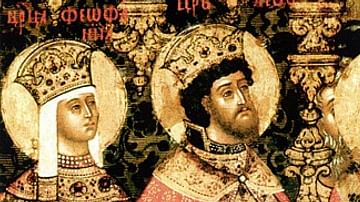
Definition
Leo VI
Leo VI was emperor of the Byzantine empire from 886-912 CE. He was the second emperor of the Macedonian dynasty and is sometimes known as “Leo the Wise” in reference to his prolific literary output which ranged from orations to law codes...
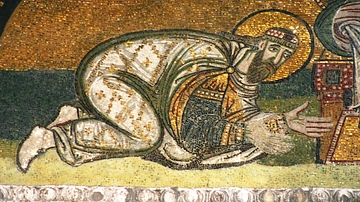
Image
Leo VI
A penitent Leo VI, Byzantine emperor 886-912 CE, from a mosaic in the Hagia Sophia, Istanbul.

Definition
Leo Africanus
Leo Africanus (al-Hasan ibn Muhammad ibn Ahmad al-Wazzan al-Fasi al-Granati, 1485-1554) was a diplomat, merchant traveller and scholar who famously voyaged from Timbuktu to the Niger River and wrote 'The Description of Africa' (La Descrittione...
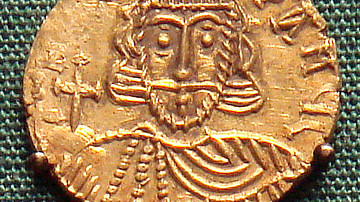
Definition
Leo III
Leo III was emperor of the Byzantine Empire from 717 to 741 CE. He founded the Isaurian dynasty which ruled until 802 CE. The emperor was a talented administrator, and he revamped the empire's political apparatus and legal code. Leo's reign...
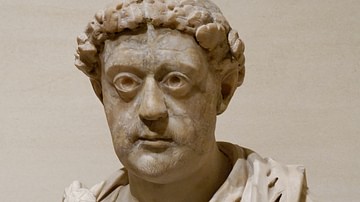
Definition
Leo I
Leo I was emperor of the Byzantine Empire from 457 to 474 CE. He was also known as “Leo the Butcher” (Makelles) for the assassination of his patron and rival Aspar. Although his reign was lacklustre and included a serious defeat to the Vandals...
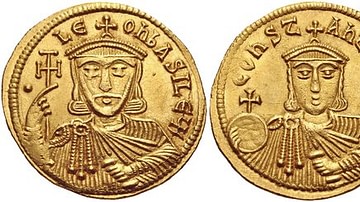
Definition
Leo V the Armenian
Leo the V the Armenian was emperor of the Byzantine Empire from 813 to 820 CE. He was of Armenian descent and the last ruler of the Isaurian dynasty which had been founded by Leo III (r. 717-741 CE). The emperor's reign, after early military...

Definition
The Description of Africa
The Description of Africa is the first comprehensive book about Africa, written by Leo Africanus, an African scholar trained in the Islamic intellectual tradition, in 1526, during the Italian Renaissance. A skillful mixture of anthropology...

Image
Leo VI & Saint Theophano
An 18th century CE depiction of Byzantine emperor Leo VI (r. 886-912 CE) and his wife Saint Theophano.
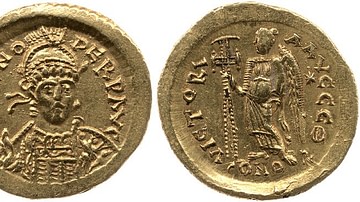
Definition
Emperor Zeno
Zeno was Byzantine emperor from 474 until 491 CE. An ethnic Isaurian, Zeno was repeatedly criticized as an outsider during his reign, which was full of rebellions and attacks by the Ostrogoths. He is best known for his failed attempt to compromise...
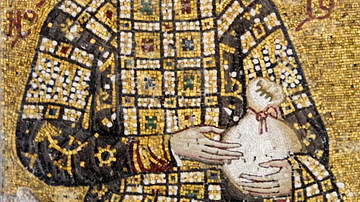
Definition
Byzantine Emperor
The Byzantine Emperor ruled as an absolute monarch in an institution which lasted from the 4th to 15th century CE. Aided by ministers, high-ranking nobility, and key church figures, the emperor (and sometimes empress) was commander-in-chief...